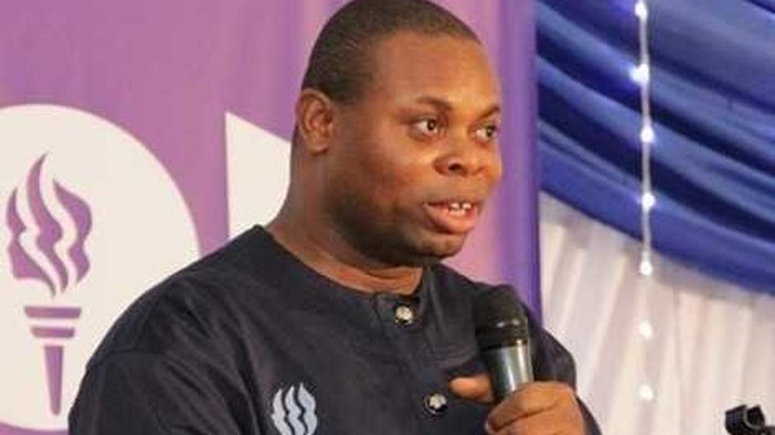Policy think-tank, IMANI Africa, has provided reasons why the Ministries of Trade and Industry and Finance should not replace the existing reliable customs and ports technologies with UNIPASS—an expensive and untested ports valuation system.
IMANI in an advisory letter to the Ministry of Trade and Industry said “Our advice to the government will be to shelve UNI-PASS until its promoters have demonstrated value far and above existing systems. It is not even smart to undertake such a major valueless project with the potential to severely disrupt trade and revenue flows.â€Â
“Given that the two systems—WestBlue and GCNet—took two years to integrate and work cohesively, it is a wonder how long the transition period would be for UNI-PASS, whose credentials in the space are still unknown to integrate the existing system, if at all necessary?" IMANI questions
The existing paperless system at the ports—run by WestBlue Consulting Limited and GCNet– has not only resulted in increased revenues for the state but has also positioned the country as a major trade facilitator across the sub-region.
Records from the Ghana Revenue Authority (GRA) show that port revenue has risen steadily from GH¢7.5billion in 2015 to GH¢12.01billion since the introduction of the National Single Window or the paperless port regime.
Last year, proceeds from the port moved up by 15percent over that of the previous year, even after a reduction in benchmark values on imported vehicles and general goods by 35percent and 50percent respectively.
In March 2018, Ghana Link Network Services Limited, in collaboration with Customs UNI-PASS International Agency (CUPIA) of Korea Customs Services, was contracted by the Trade Ministry to introduce UNI-PASS to the ports system for ten years at a cost of $40m.
The deal was however suspended prior to take-off by the Economic Management Team (EMT) due to the inability of the promoters to demonstrate superior value and integrity of their technology as well as a unanimous rejection by port users.
IMANI Africa noted that the: “Economic Management Team (EMT) in December 2018 to examine the implications for adopting UNI-PASS on the turnaround times and the costs to users and the government. After listening to all major ports stakeholders, the EMT suspended the implementation of UNI-PASS until August 2019 due to the inability of the promoters to demonstrate superior value and integrity of their technology.
“In spite of media reports that Cabinet had approved the UNI-PASS deal just a month after the EMT’s directive for an 8-month suspension, there has been no change in the factors that suspended UNI-PASS. However, its promoters and assigns are erecting valuation equipment at some of our borders alongside those of more reliable GCNet (remember government owns 35% of GCNet).
The policy think-tank is also concerned about the financial implications of the UNIPASS deal on the economy in terms of the judgment debt.
“It appears government would not be worried paying judgment debts to GCNet and West Blue for simply canceling their more reliable, tested, efficient and less expensive systems. In fact, UNI-PASS has been sued by West Blue for intellectual property breaches- essentially copying their software illegally.
Read IMANI's letter here
Credit: Business24





